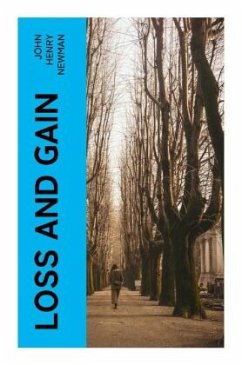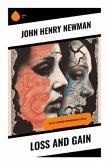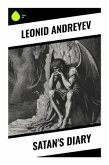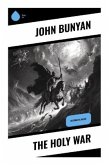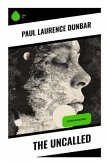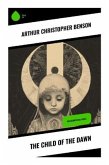In "Loss and Gain," John Henry Newman presents a nuanced exploration of faith, doubt, and the human condition through the lens of a fictional narrative set against the backdrop of Oxford in the 19th century. Newman's literary style combines eloquent prose with profound philosophical inquiry, illustrating the internal struggles of his protagonist, Charles Reding, who grapples with the transition from Anglicanism to Catholicism. The novel serves as a compelling social commentary on the religious tensions of the time, skillfully weaving theological discussions into a richly detailed portrayal of academic life and personal crisis. John Henry Newman was a pivotal figure in the Oxford Movement, advocating for the reformation of the Church of England and ultimately converting to Catholicism. His extensive writings and sermons reflect his deep engagement with questions of truth, morality, and belonging, all of which inform the thematic fabric of "Loss and Gain." This work can be seen as autobiographical, echoing Newman's own spiritual journey and struggles with faith, making it a reflective piece that resonates with his broader theological insights. For readers seeking to understand the complexities of faith and intellectual turmoil, "Loss and Gain" is a profound exploration that transcends its historical context. Newman's articulate examination of personal transformation invites readers to reflect on their own beliefs, making this novel an essential read for those interested in the interplay of religion and literature.
Bitte wählen Sie Ihr Anliegen aus.
Rechnungen
Retourenschein anfordern
Bestellstatus
Storno

